|
Are you struggling with low levels of productivity? Whether you run your own business, work for a boss, or work as a freelancer, check out these 4 common causes of low productivity to see if you can get a boost.
0 Comments
Stress comes from all directions in life, but sometimes you just need someone to tell you to sit down and take stock of where you are. This post will talk about some different types of stressors and provide a little push to get you back on track to taking care of yourself.
Image by Peggy und Marco Lachmann-Anke from Pixabay
Many of us have been working from home for almost a year now due to the COVID-19 productivity.
In this post I'll share 3 tips to boost your productivity while working from home. Your mind is like a muscle, and benefits from regular training and exercise. Your brain has plasticity, which means it can improve in function as you age - mental decline is not inevitable. If you're overwhelmed by the number of apps available, you can start with these 5 simple strategies.
For those of us already in school or working, the COVID-19 pandemic has changed how we learn and work - now we do it from home.
But what if you were planning on making a career change when COVID-19 hit? You wanted to develop your current skillset or take courses to jump fields. With the increase in online learning as we continue to stay at home, it's the perfect opportunity for you to conquer some of those tasks you've set out for yourself through online learning. You can engage on your town terms, find low cost alternatives, and learn to manage yourself. As we launch headfirst into a new semester, take advantage of the slow first week of classes to make a strategic plan for this term. Think about how you studied for your exams last semester - what worked, what didn't?
Today I share 3 tips to consider when revamping your study strategy.
Writing a literature review is daunting (hey, writing a dissertation is daunting!)
While dissertation formats vary between universities and disciplines, most (if not all) require a literature review. In this post I'll walk you through my process in developing an organization system that helped me write my dissertation literature review. It's a long post, but I wanted it all to be in one place for you so it's not broken up into different articles. First, I'll walk you through my back story in the dissertation literature review process, and describe my overall system of organization. Then, I'll describe 2 methods to take you from reading articles to taking notes to organizing your notes into themes. Lastly, I'll wrap up with thoughts on how to continue your literature review in a cohesive and transparent way. All external links open in a new window.
Having work-life balance isn't just something to think about, but something you should take steps to achieve. Breaking the constant cycle of working with hobbies, vacation, and any other activities or experiences that you're passionate about will help you be happier, healthier, and productive at work. When your entire identity isn't wrapped up in a single job, you build both your confidence and your resiliency.
You may feel like you’re being pulled in a hundred different directions, trying to balance family life, work deadlines, financial pressures, and personal wellness.
By identifying your priorities and taking concrete steps to take back control, you can feel better both at work and at home. Working from home is on the rise, according to the 2017 US Census. From increased work-life flexibility and employee productivity to decreased real estate costs and overhead, remote work (or "telecommuting") offers benefits for both employee and employer. Whether you're a grad student like me, self-employed working out of a home office, or telecommuting part-time, you've encountered the benefits and the challenges of working home. Challenges like distractions. In this post we'll talk about several distractions you may be all too familiar with, and how to help nip them in the bud. Find 2020 statistics on remote working 15 Trends for Remote Working in 2021 With a third of the US workforce now working from home, many have moved to a new city or state - "Zoom Towns". Travel Experts from Million Mile Secrets put together an article on the most popular destinations for remote workers. If you can work from anywhere, why not live where you vacation? Coverage put together an article to help you decide if you can make the move to your dream city including stats on living costs and your basic necessities, like a strong WiFi signal. An article from AllConnect highlights our desire to reconnect with nature in this increasingly virtual need, and so they put together a list of the 10 states that offer the best combo of outdoors and internet access.
Discussing the challenge of coming up with new material, "Seinfeld explained his method for success: each January, he hangs a large Year-At-A-Glance calendar on his wall. For every day he wrote new material, he had the exquisite pleasure that can only come from drawing a big red "X" over that day."
Some other planner systems that might appeal to you are the Passion Planner and Planner Pads. We won't be talking about them specifically but you can click through to the links to learn more.
Never stop learning, never stop reading.
Today we're talking about scheduling time for writing and making space for writing - both to improve productivity and to create a new habit. Let's jump in.
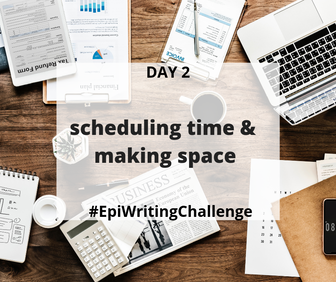
Creating a new habit takes time, and with something like writing, it’s particularly effective to take advantage of your most productive time of day.
We often kickstart our mornings by checking our emails (here’s 7 reasons why you shouldn’t start your day with that) but if you’re a morning person, blocking off time to write would be better use of your time.
Goals for writing challenges often fall in one of several types:
You may have an overall objective of finishing your dissertation, or a large project, or making time in your daily schedule to improve your writing. All of these can be broken down into SMART goals. The first #EpiWritingChallenge occurred in November 2018. All 20 days are documented here as blog posts, and have been edited to be applicable beyond the challenge. Learn more about the #EpiWritingChallenge here.
Forever on the go, the topic of burnout has hit headlines for many professions. From doctors working 36 hour shifts to businessmen with a cellphone glued to their ear, no group is immune.
They say list off all the things you'd like to prioritize in your life - fitness, friends, family, sleep, work - and then pick 2. With a lifestyle like that, seeing articles headlining "How to Actively Invest Your Money" and "3 Easy Steps to Get Fit" probably fall on deaf ears, on the couch, exhausted after a very long day at work. We all go through cycles. like New Years resolutions, when we try to boost our productivity, even in our down hours. As we work all day and night, we work ourselves on a fast track to burnout. Exhaustion, nervous break downs, and an overall reduction in productivity and even work means lost income - the very opposite of what we're all trying do. (Make money). This post is about maximizing your earnings without contributing to burnout - how? By spending 1 hour of your day focused on it. Let's get started.
When you get home from work, would you rather collapse on the couch or do something – hit the gym, meet up with friends, go for a bike ride? Most of us fall into one of these two camps, but there’s a happy medium to get the both of both worlds.
Let’s jump in. Today I'm sharing an ELITE list of the best e-books I've come across in the past few years. I say elite because they are good. Not only do I download them, but I read them too! As the blog title says these are all free. |
popular postsLike what you read?
categories
All
archives
July 2024
This website uses marketing and tracking technologies. Opting out of this will opt you out of all cookies, except for those needed to run the website. Note that some products may not work as well without tracking cookies. Opt Out of Cookies |









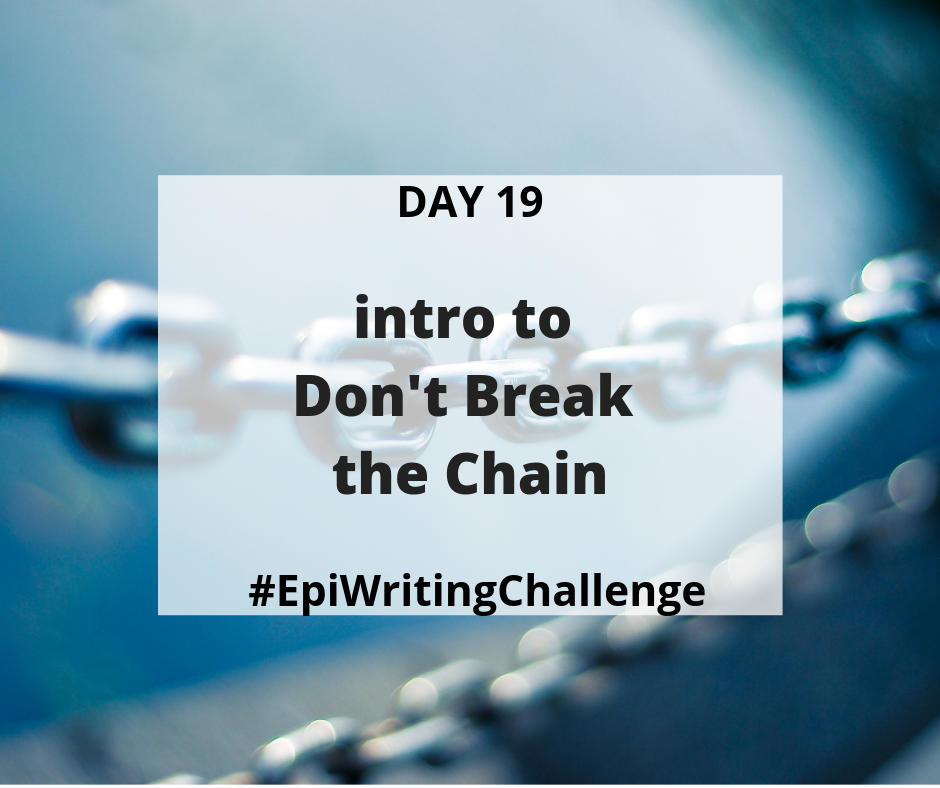
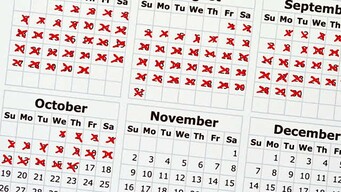
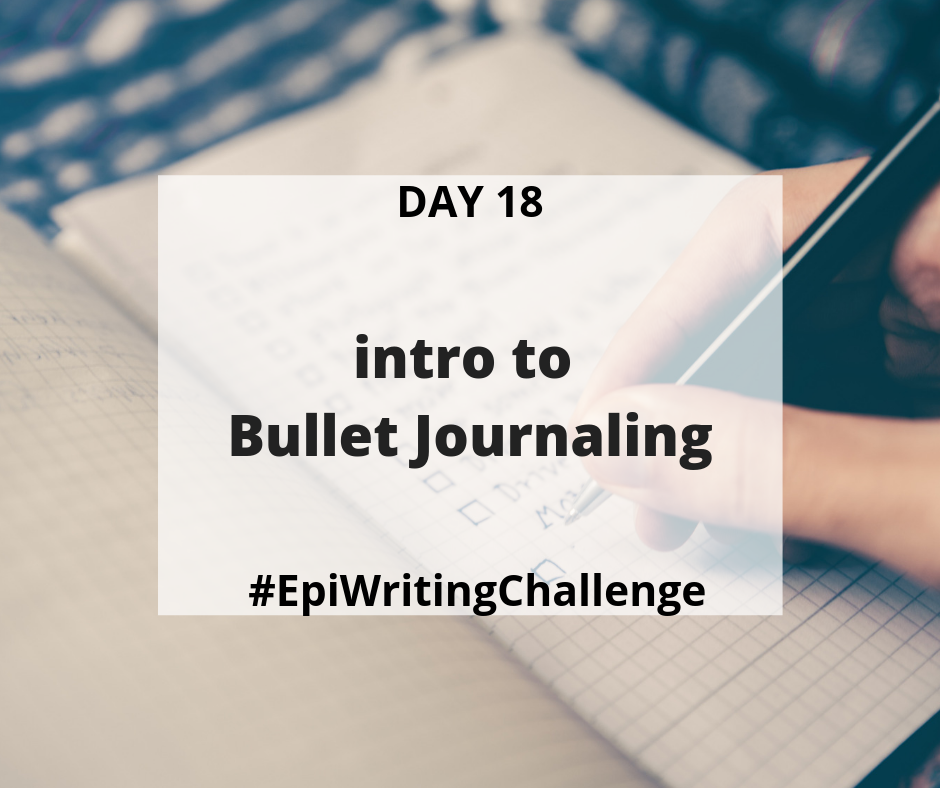
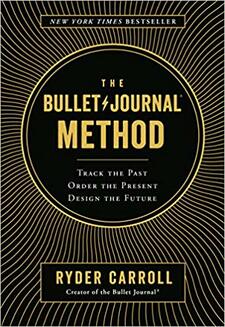
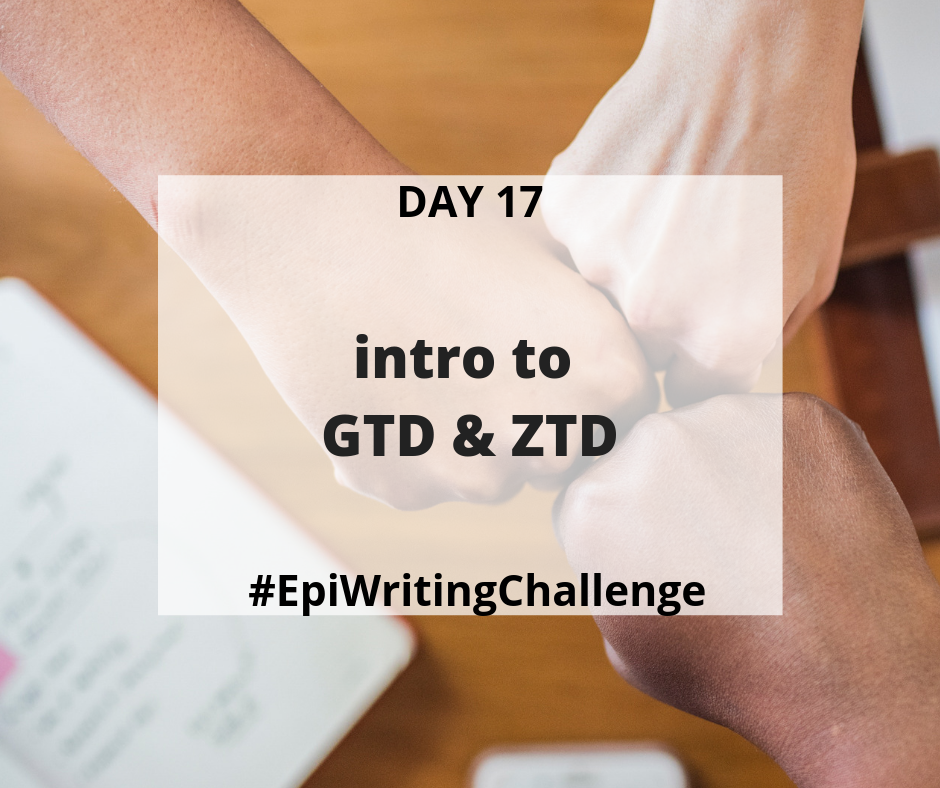
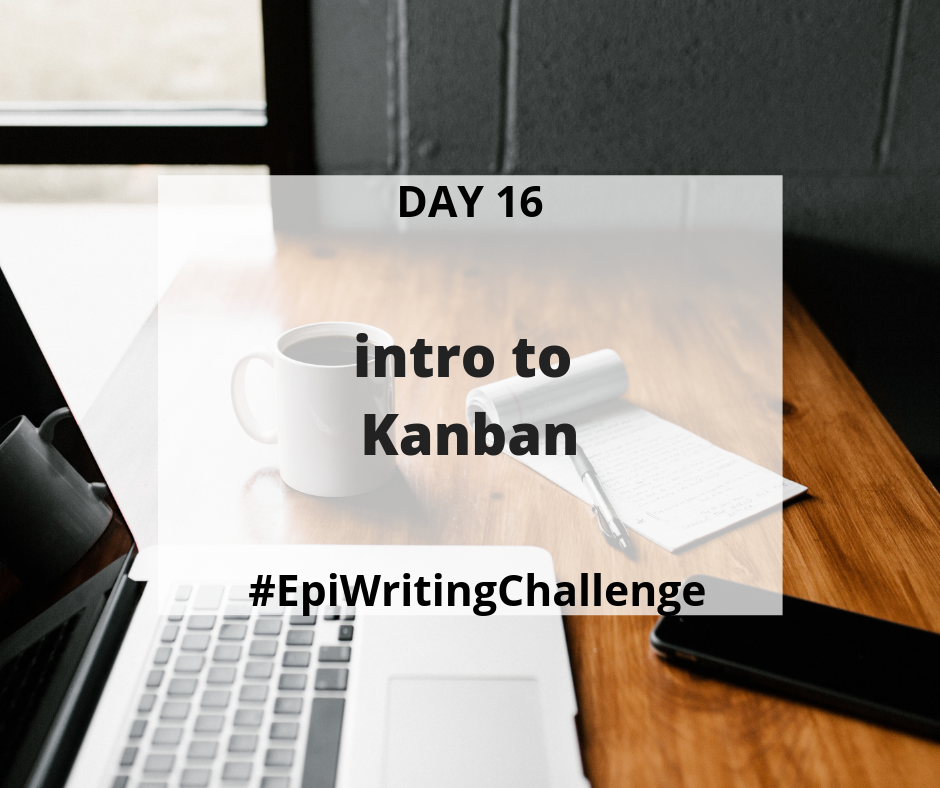
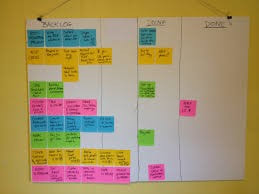
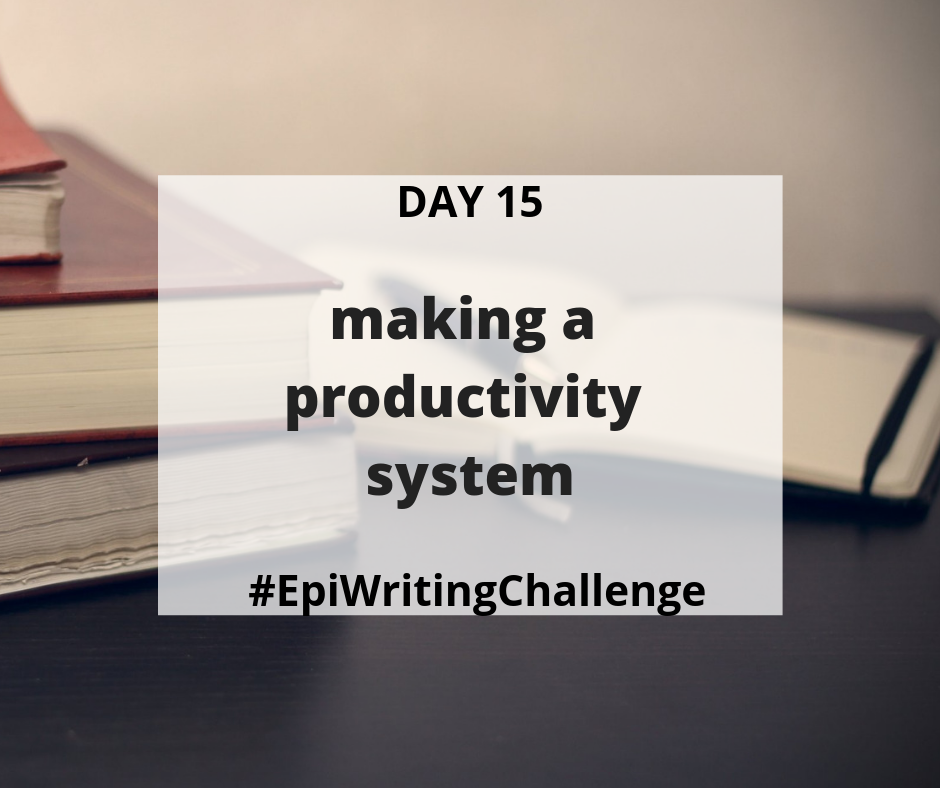
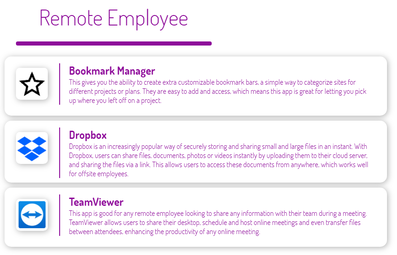
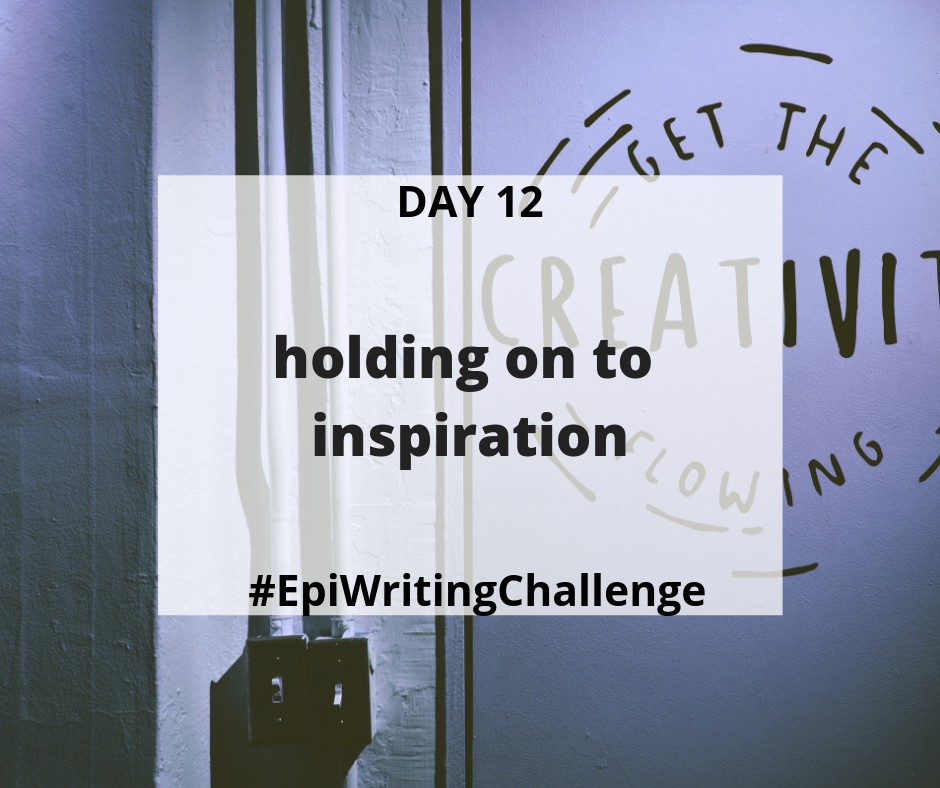
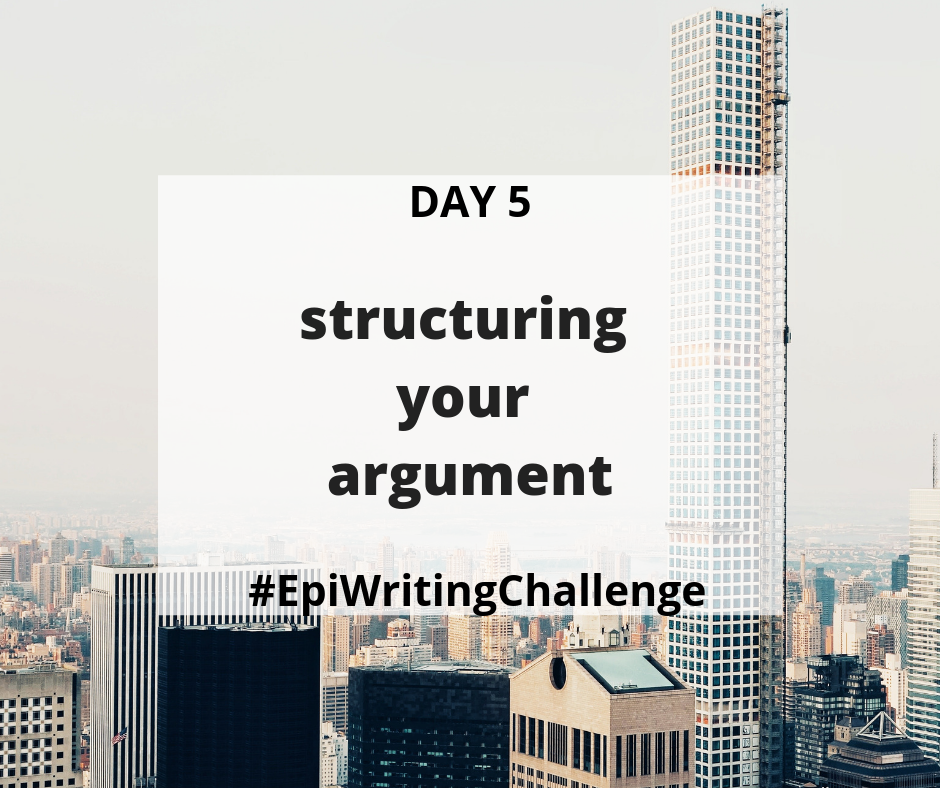

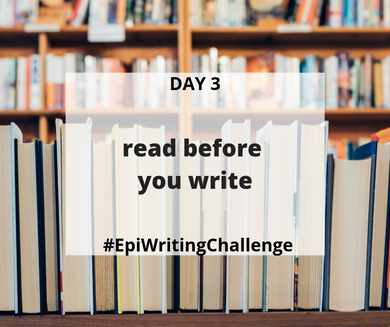
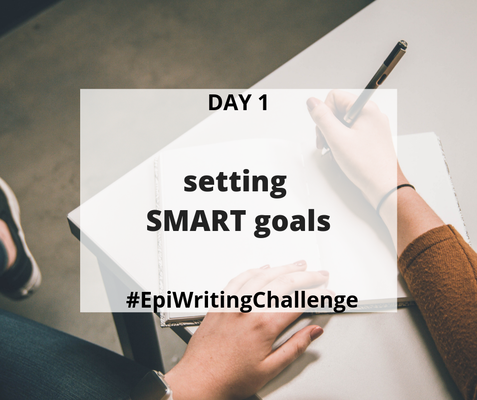

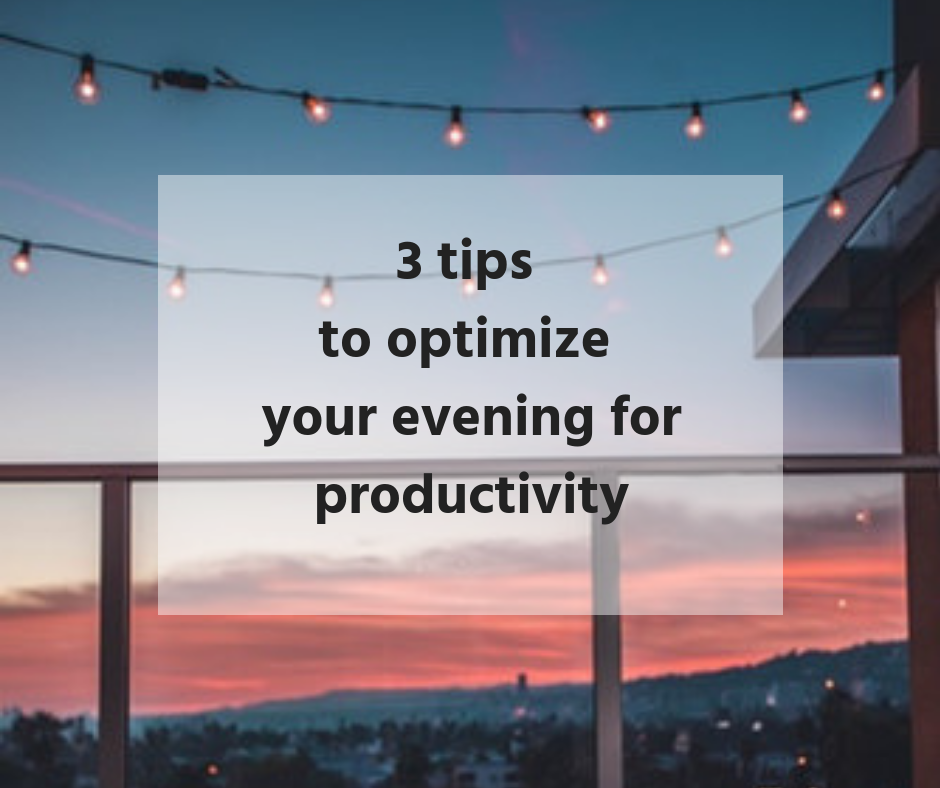





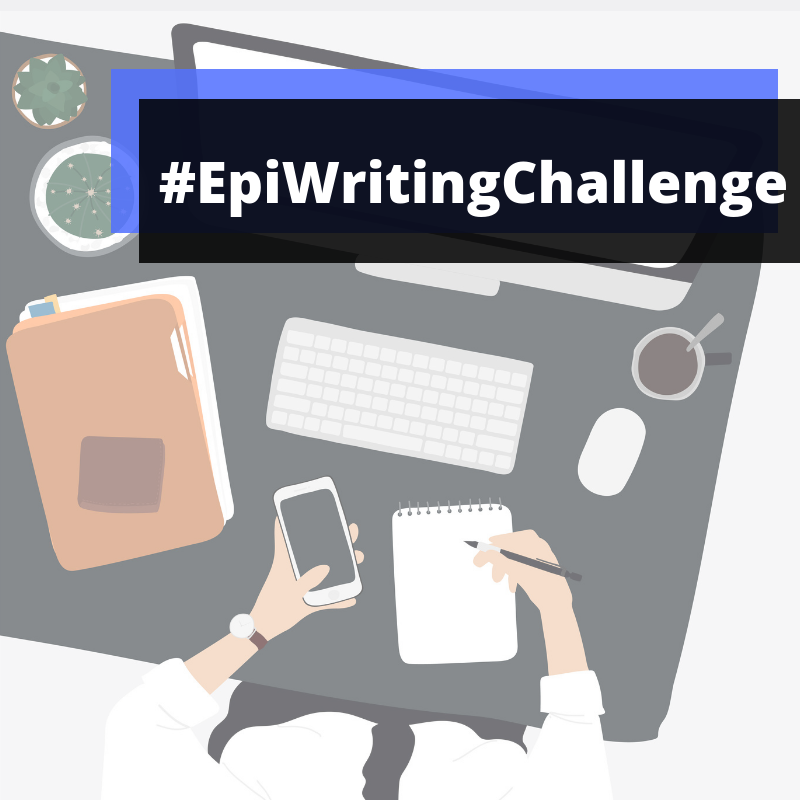

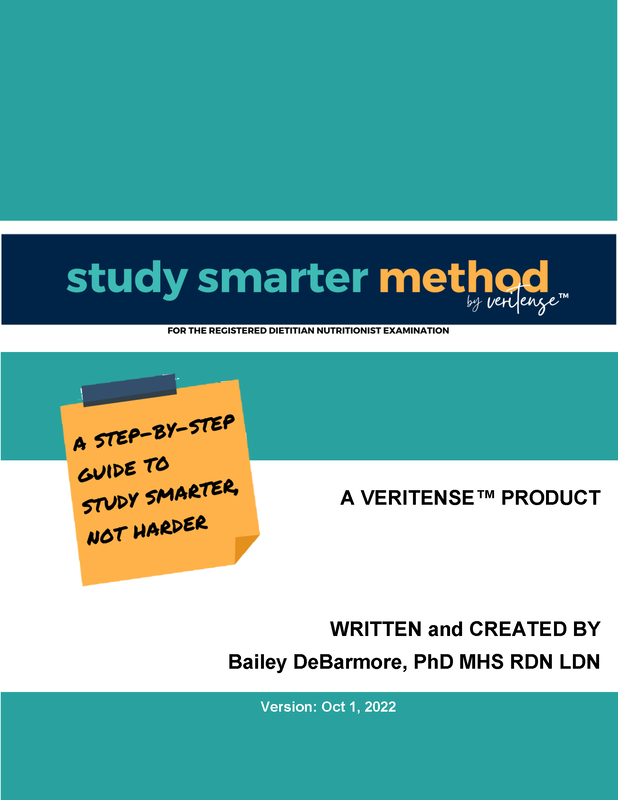

 RSS Feed
RSS Feed